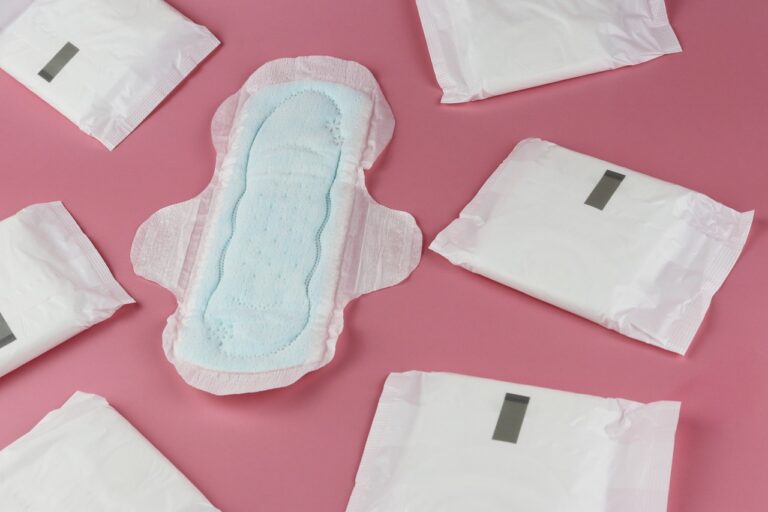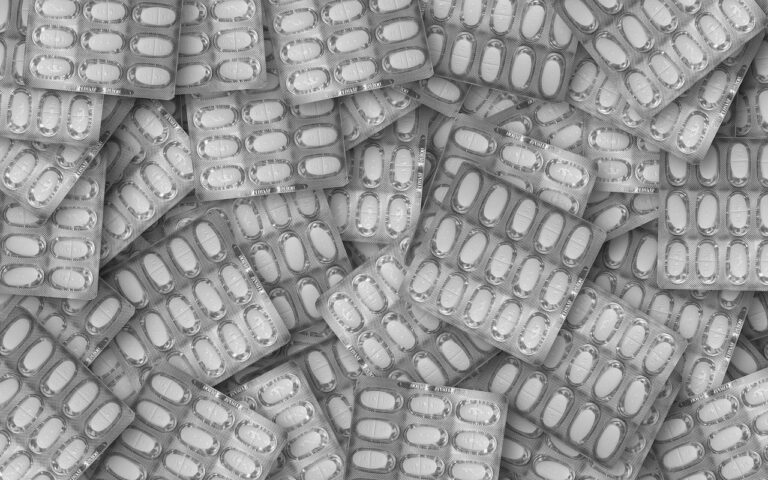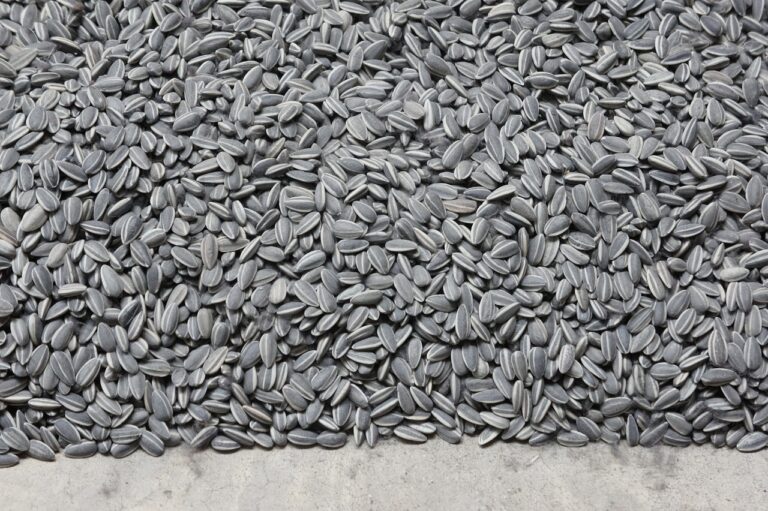Fertility Preservation Options for Women with Premature Ovarian Failure (POF)
bet bhai.com, cricket99 bet login, diamondexch9.com: Fertility preservation options for women with Premature Ovarian Failure (POF) can be a challenging and emotional journey. POF, also known as early menopause, is a condition where the ovaries stop functioning normally before the age of 40, leading to infertility. However, advancements in medical technology have brought about several options for women with POF to preserve their fertility. In this article, we will discuss these options and provide valuable information for women facing this condition.
Understanding Premature Ovarian Failure
Premature Ovarian Failure is a condition that affects about 1% of women under the age of 40. It can be caused by various factors such as genetics, autoimmune disorders, chemotherapy, radiation therapy, or surgery. Women with POF have low levels of estrogen and may experience symptoms such as irregular periods, hot flashes, vaginal dryness, and infertility.
Fertility Preservation Options
1. Egg Freezing – Egg freezing, also known as oocyte cryopreservation, is a popular option for women with POF who want to preserve their fertility. This process involves stimulating the ovaries with hormones to produce multiple eggs, which are then collected, frozen, and stored for future use. Egg freezing is a great option for women who are not ready to have children but want to preserve their fertility.
2. Embryo Freezing – Embryo freezing is another common option for women with POF. This process involves fertilizing eggs with sperm to create embryos, which are then frozen and stored for future use. Embryo freezing is a great option for women who have a partner or are open to using donor sperm.
3. Ovarian Tissue Freezing – Ovarian tissue freezing is a newer option for women with POF. This process involves removing ovarian tissue, freezing it, and then re-implanting it in the body at a later time. Ovarian tissue freezing can help women with POF preserve their fertility and potentially restore ovarian function in the future.
4. Hormone Replacement Therapy – Hormone replacement therapy (HRT) is a common treatment for women with POF to manage symptoms such as hot flashes and vaginal dryness. HRT can also help protect bone health and reduce the risk of heart disease. While HRT does not preserve fertility, it can improve the quality of life for women with POF.
5. In vitro fertilization (IVF) with donor eggs – For women who are unable to produce viable eggs due to POF, using donor eggs in IVF can be a successful option to achieve pregnancy. Donor eggs are fertilized with sperm in a lab and then transferred to the woman’s uterus for implantation. IVF with donor eggs has a high success rate and can help women with POF become pregnant.
6. Adoption or Surrogacy – If fertility preservation options are not feasible or successful, adoption or surrogacy are alternative ways for women with POF to build their families. Adoption allows women to become parents by welcoming a child into their home, while surrogacy involves using a gestational carrier to carry a baby to term.
It’s important for women with POF to consult with a fertility specialist to discuss their options and create a personalized fertility preservation plan. By exploring these options, women with POF can take proactive steps to preserve their fertility and increase their chances of becoming parents in the future.
Frequently Asked Questions (FAQs)
Q: Can women with POF get pregnant naturally?
A: While it is rare for women with POF to conceive naturally, it is still possible in some cases. Consulting with a fertility specialist can help determine the best course of action for achieving pregnancy.
Q: Are fertility preservation options costly?
A: Fertility preservation options can be expensive, with costs ranging from several thousand to tens of thousands of dollars. However, many clinics offer financing options and payment plans to make treatment more affordable.
Q: What are the success rates of fertility preservation options for women with POF?
A: Success rates vary depending on the woman’s age, the quality of eggs or embryos, and other factors. Consulting with a fertility specialist can help determine the best options for achieving pregnancy.
In conclusion, women with Premature Ovarian Failure have several fertility preservation options available to them. By exploring these options and working closely with a fertility specialist, women with POF can take proactive steps to preserve their fertility and increase their chances of becoming parents in the future.







